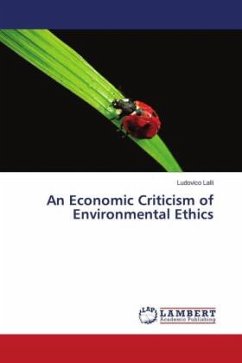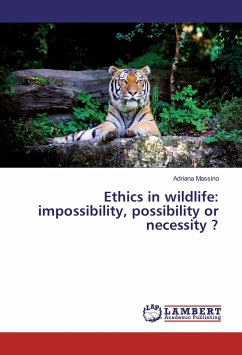Environmental Ethics represents a representative starting point for the construction of contemporary environmental characterisations; mainly in Latin America. This refers to a re-evaluation of environmental ethics. In this sense, it is important to analyse this perspective from the alternatives proposed in the face of the problems and challenges that today occupy eco-environmentalist philosophy. Being always implies a becoming together with others; therefore, all actions with others is a reciprocal doing; this refers to an essential ethical principle if we wish to organise humanising ways of life. Environmental ethics refers to a series of epistemological elements, among them: ecocentric principle, subject-object relationship, environmental complexity, rationality, interdisciplinarity, transdisciplinarity and environmental interpretation, which represent the backbone of the strategies proposed in the face of contemporary eco-environmental urgencies. The aim is to sustain existence in conditions that reproduce justice and equity as inherent assets of life.
Bitte wählen Sie Ihr Anliegen aus.
Rechnungen
Retourenschein anfordern
Bestellstatus
Storno








